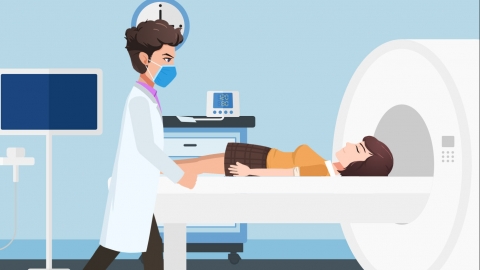What does a premarital medical examination include?
Generally, premarital medical examinations mainly cover infectious disease screening, reproductive system evaluation, genetic-related assessments, blood tests, and function checks of major organs. The details are as follows:

1. Infectious Disease Screening: This examination focuses on common infectious diseases such as AIDS, syphilis, and hepatitis B. Blood tests and other methods are used to determine whether either partner carries relevant pathogens. If an infection is detected, timely intervention measures can be taken.
2. Reproductive System Examination: This assessment evaluates the reproductive organs of both men and women. For males, it includes checking genital development, inflammation, or congenital abnormalities. For females, it involves examining the condition of the uterus, ovaries, and other organs to identify gynecological inflammations, uterine fibroids, or similar issues.
3. Genetic-Related Assessment: This primarily involves reviewing family histories of genetic disorders and may include chromosomal testing. By evaluating genetic risks, couples can understand whether there are hereditary conditions that could be passed on to their children, allowing them to make informed decisions in advance.
4. Blood Tests: In addition to supporting infectious disease screening, routine blood tests and blood typing are performed. A complete blood count helps detect anemia or infections, while blood typing identifies potential risks for hemolytic disease in newborns due to blood type incompatibility.
5. Major Organ Function Evaluation: Liver and kidney function tests are conducted to assess the health status of vital organs such as the liver and kidneys. If any organ dysfunction is identified, timely treatment and management can be initiated.
Couples are advised to actively participate in premarital checkups and follow the guidance and recommendations of healthcare professionals. Maintaining healthy lifestyle habits, good personal hygiene, and overall health management in daily life is also important.




